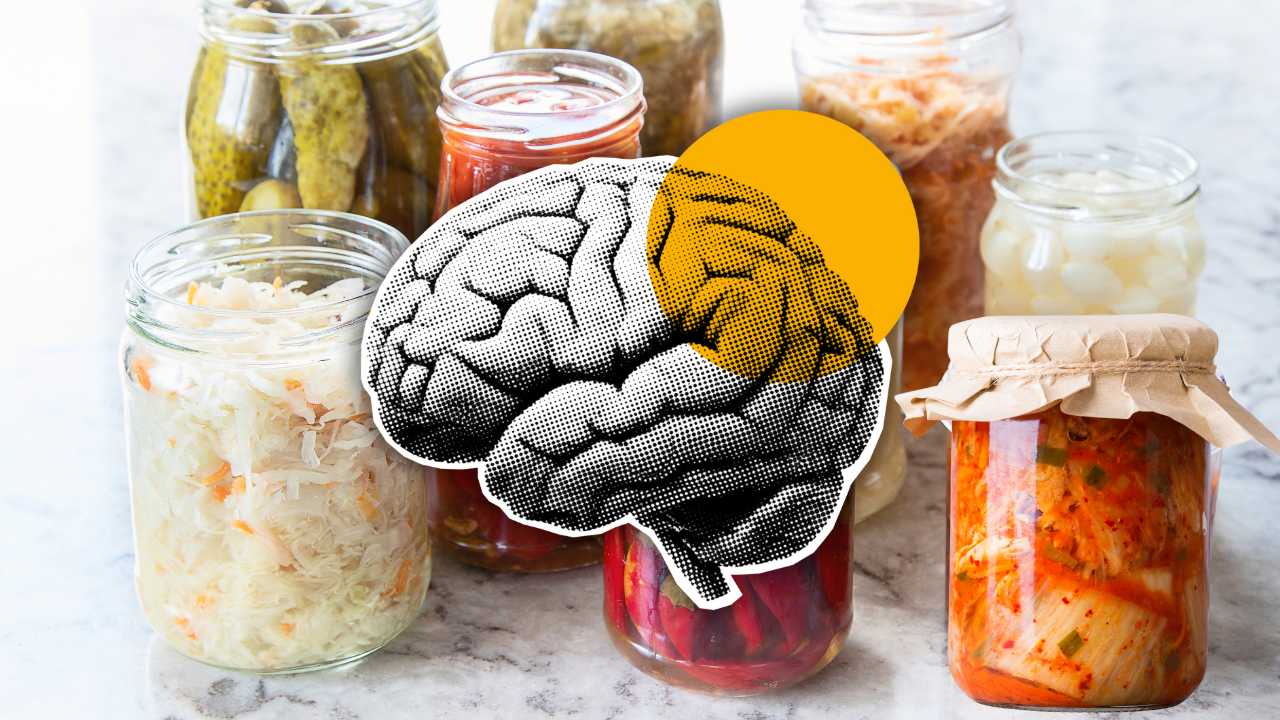From Sauerkraut To Kombucha: How Fermented Foods Could Influence Neurotransmitters, Boost Mood And Reduce Anxiety

Credits: Health and me
SummaryFermented foods like sauerkraut, kimchi, yogurt, and kombucha support gut health, enhance nutrient absorption, and influence neurotransmitters such as serotonin and GABA. Emerging research links these probiotics to reduced anxiety, improved mood, and better mental well-being, highlighting the gut-brain connection and the role of live-culture ferments in cognitive and emotional health.
End of Article
